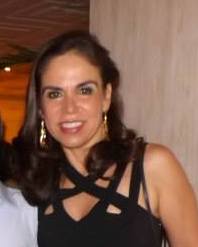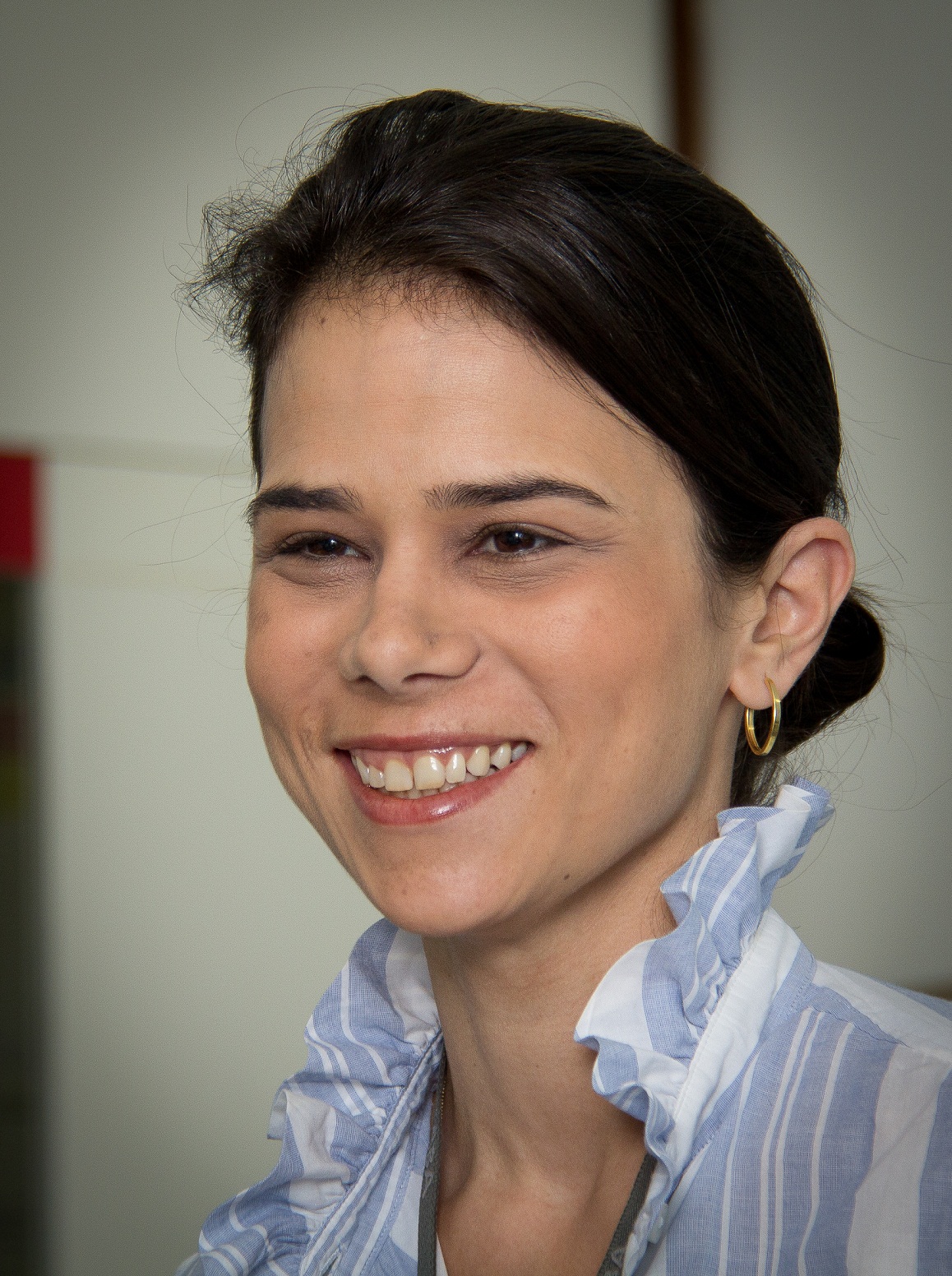The necessary balance between theory and practice in Teacher Education
The performance of Brazilian students in national and international assessment tests has been consistently low, which has led researchers to look into the reasons for the inefficiency of our educational system. A study conducted by Fundação Carlos Chagas has found that the programs offered by most universities in the area of teacher education do not prepare teachers-to-be to face the routine of a real classroom. The emphasis of these programs has been on the sociological, political, structural and historical aspects of education, with very little space for the didactic aspects of teaching practice. One of the most surprising findings of the study was that only 28% of the syllabus in teacher education courses deals with what and how to teach, failing to prepare inexperienced teachers to face the routine of a classroom.
Teacher educators and researchers tend to ignore the context in which aspiring teachers will teach, simply because most of them have never experienced it. In what seems to be a trend in Brazilian universities, students often feel impelled to start a Masters program as soon as they finish their undergraduate studies, and then follow a Doctorate program as soon as they have earned their Master’s degree. Since teaching experience in regular schools is not valued, those who can afford not to teach prefer to climb the academic ladder as fast as possible.
As a result of this lack of emphasis and appreciation of the practical aspects of teaching, trainee-teachers often have to learn on their own how to teach their lessons, juggle two or three jobs, motivate their students, deal with indiscipline, create effective teaching materials, and even how to keep sane while dealing with these common trials and tribulations of the trade. Fortunately, there are plenty of experienced teachers, especially online, who have decided to share activities, experiences and projects that worked well with their students. Unfortunately, not everyone sees it as something positive or desirable.
Having worked for the past fifteen years with practical aspects of English teaching, by giving workshops to teachers on practical activities to be used in the classroom, I have experienced overt and covert prejudice against so-called “recipes”, either because they supposedly lack theoretical support, or because what works in a given setting may not work in another. I partly agree with both claims. However, “recipes” are tools for complementing theoretical background which, although indispensable, cannot alone prepare new teachers to face the challenges of teaching real students.
As a teacher who holds a Masters Degree in Education and has worked in all kinds of settings over the last thirty years, I am convinced that the solutions to the educational deficiencies in Brazilian teacher-training programs are to be found neither in the jargon-filled rhetoric of university professors nor in teaching techniques alone. We urgently need to find a balance between theory and practice in our programs, or the performance of educational system will always be as pitiful as it is today.




